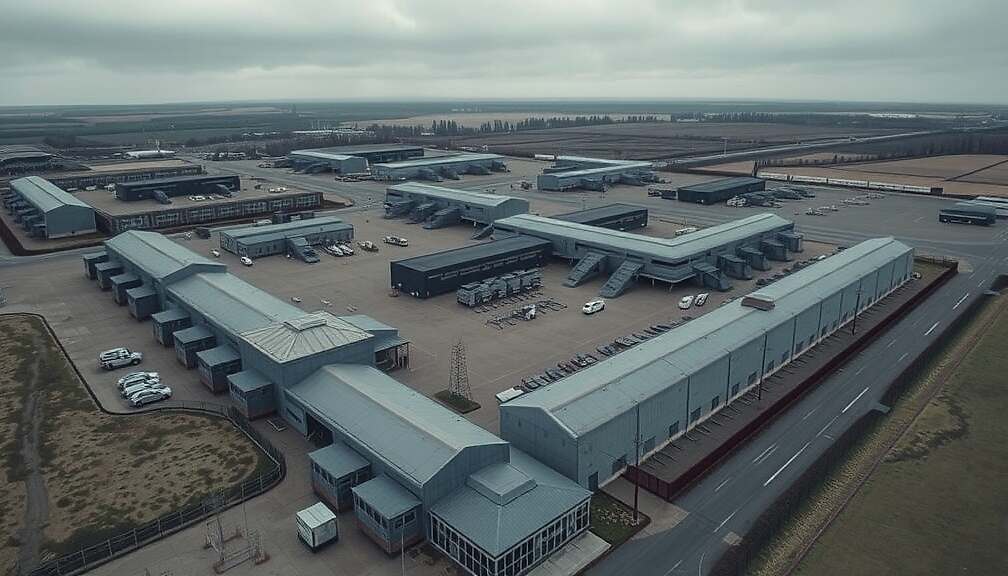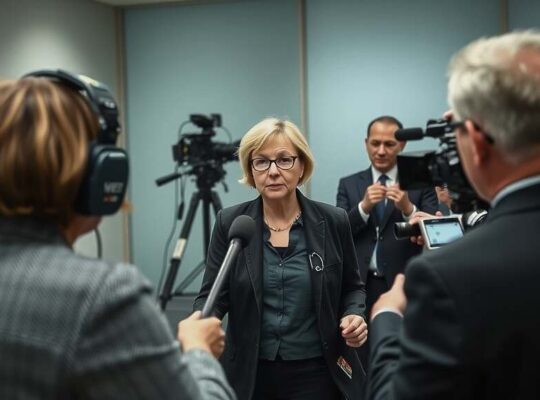The German military’s top officer has signaled a shift in strategy regarding drone incursions into German airspace, prioritizing non-kinetic methods over outright destruction, a decision sparking debate about the balance between security and risk mitigation. General Inspector Carsten Breuer, head of the Bundeswehr, acknowledged the increasing frequency of hybrid attacks, including drone deployments targeting infrastructure and military installations, but articulated a preference for neutralizing these threats through electronic interference, capture via netting, or even taking control of the drones themselves, rather than shooting them down.
Breuer’s rationale highlights a critical concern: the potential for collateral damage. Destroying a drone risks shrapnel and downed munitions impacting populated areas, a consequence deemed unacceptable, particularly within the vicinity of cities. While acknowledging the suggestion from Interior Minister Alexander Dobrindt for the Bundeswehr to provide assistance in civilian drone defense efforts, Breuer emphasized the limitations imposed by differing mandates. The Bundeswehr’s primary focus remains defending against external military threats, utilizing military assets for military engagements. Support for civilian authorities is contingent upon available resources and capabilities.
The decision reveals a complex calculation – a tacit acceptance of a degree of risk in exchange for minimizing potential civilian harm. Critics argue this approach could embolden adversaries, who might interpret the reluctance to engage as a sign of weakness. Proponents, however, maintain it represents a pragmatic response to the evolving nature of modern conflict.
Beyond the immediate tactical considerations, Breuer’s assessment underscores the broader strategic anxieties within Germany. He lamented the increasing prevalence of hybrid warfare, pointing to Russia’s understanding of conflict as a continuous spectrum rather than a discrete series of states – peace, crisis and war. Breuer characterized the current threat landscape as the most dangerous he has witnessed in his four decades of military service, signifying a profound shift from traditional notions of security and highlighting the challenges of confronting a persistent, multifaceted adversary. The inability to guarantee “100-percentige Sicherheit” further underscores the precariousness of the situation and compels a continuous reevaluation of defensive strategies.












